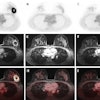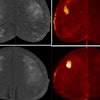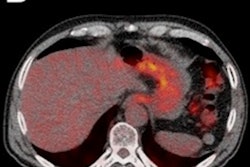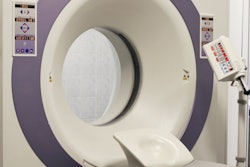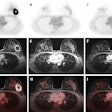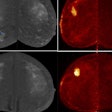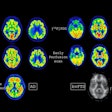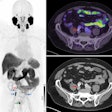Dear Molecular Imaging Insider,
The early detection of cancer can lead to successful treatment and longer-term survival for many patients, but, of course, that information must be timely and accurate.
In an evaluation of FDG-PET/CT for esophageal cancer, Dutch researchers followed patients who underwent scans during several phases of their neoadjuvant chemotherapy to determine treatment response and to look for metastases. Updated disease status is particularly critical after treatment because changes in a patient's condition will directly affect the course of treatment and help determine whether surgery is a more appropriate option.
How did FDG-PET/CT perform? Details can be found in our news report.
Meanwhile, German researchers have investigated whether a person's progression from mild cognitive impairment to Alzheimer's disease can be reliably predicted without PET imaging. They found several nonimaging methods that could offer a better prognosis than the modality.
Having recurrent prostate cancer patients undergo gallium-68 (Ga-68) prostate-specific membrane antigen (PSMA) PET/CT can help direct clinicians to effective curative treatment options. Investigators compared the outcomes for Ga-68 PSMA PET against carbon-11 choline PET and contrast-enhanced CT for tumor, node, and metastasis staging and recommended the first modality also become the standard strategy for assessing prostate cancer recurrence after surgery with or without radiotherapy.
Elsewhere, a survey of eight large European imaging facilities with extensive clinical experience in PET/MRI has shown wide variations in daily quality control and assurance procedures that ensure the proper function of the scanners and image quality. One reason for the differences in performance testing protocols, the researchers suggested, is the lack of dedicated quality control recommendations for the hybrid imaging modality beyond standard vendor guidelines.
Finally, radiologists around the world are optimistic about future growth prospects for medical imaging procedures, but their priorities for imaging equipment are being dictated by local conditions. A new market research report by IMV Medical Information Division, a sister company of AuntMinnieEurope.com, offers insight into what your global colleagues are thinking.
Be sure to stay in touch with the Molecular Imaging Community on a daily basis for the latest news and research.



